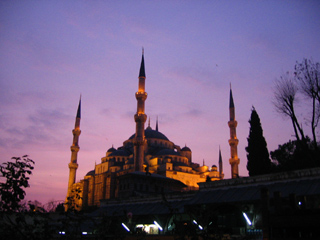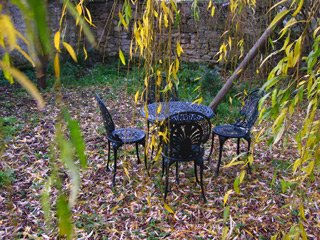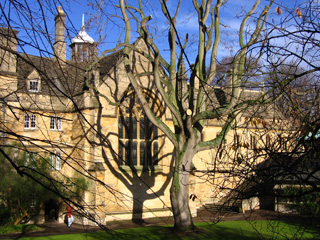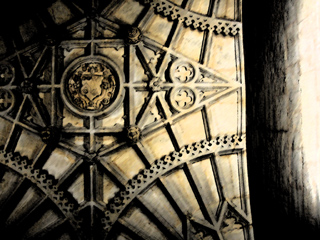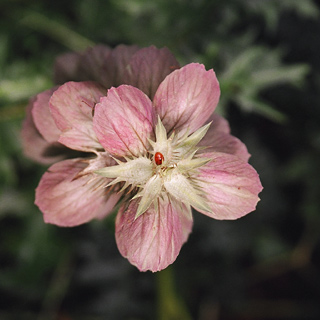One notable feature of Istanbul are the men (invariably men) who stand in front of every stall, shop, and restaurant and try to convince passers-by that they should enter. They are always fairly energetic about it: sometimes bordering on the aggressive. That made the following exchange that much funnier:
Man outside kebab restaurant encourages us to come in, stressing how fine an eating experience we would have.
My father: “Do you have anything without meat? We’re vegetarians.” [Actually, it’s just me, but it’s kind of him to help.]
Kebab man, incredulously: “Why?,” said as though he has never heard a more mad idea.
Us: generally shrugging shoulders, rather than trying to explain.
Him: “Then, you must go to another restaurant.”
Now, they did have vegetarian items on the menu and, in my experience, not even a restaurant called the Steak and Burgers BBQ will actually tell you not to eat there, if you are vegetarian. My vegetarian friends have frequently been reassured over the phone, to later be presented with only salad and french fry options (the latter being only dubiously unrelated to the killing of animals). It makes for an odd contrast with the people who will follow you for a block, trying to sell you a hat in which you never expressed the slightest interest.
On another note, somebody on the tour that my father and I took today who learned, at lunch, that I was a vegetarian later asked to have his picture taken with me, on account of the fact. Odd experiences, in both cases.

